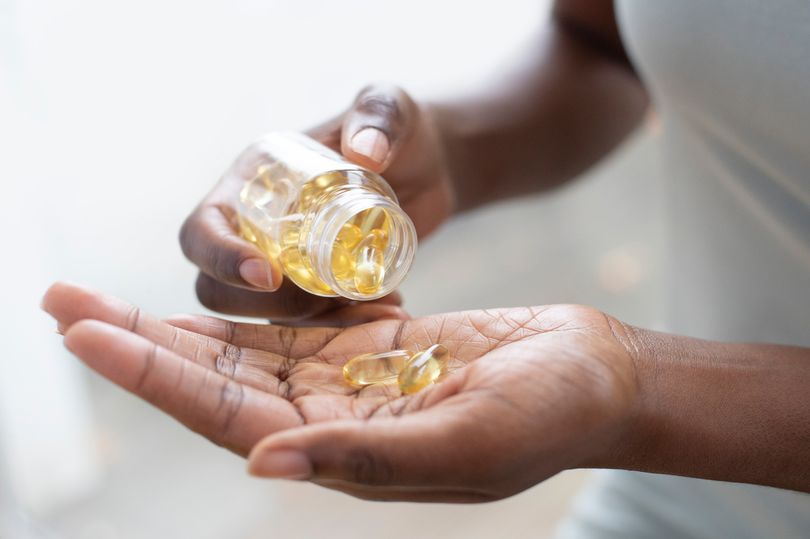of National Health Service We encourage people to take vitamins. Not only does it help keep your bones, teeth and muscles healthy, it also helps keep your immune system in tip-top condition.
Vitamin D has several important functions: It regulates calcium and phosphorus absorption and helps the immune system function properly.
Adequate vitamin D intake is important for this, as well as for increasing resistance to several diseases: inadequate vitamin D levels can lead to bone abnormalities such as rickets in children, and bone pain in adults due to a condition called osteomalacia.
The NHS emphasises: “Government advice is that everyone should consider taking a daily vitamin D supplement during the autumn and winter. People at high risk of vitamin D deficiency, all children aged 1 to 4 years, and all infants (unless drinking more than 500ml of formula a day) should take a daily supplement all year round.”
So when should you start taking Vitamin D?
According to the NHS, your body makes vitamin D from direct sunlight when you’re outdoors between late March and early April, so most people should be able to make all the vitamin D they need from sunlight between then and early April.
However, we are warned that we cannot produce enough Vitamin D from sunlight between October and early March, so it is important to keep our Vitamin D levels high. You can do this by taking Vitamin D supplements or consuming foods high in Vitamin D.
source:
-
Oily fish – salmon, sardines, herring, mackerel, etc.
-
Red Meat
-
Liver (Pregnant women should avoid liver)
-
egg yolk
-
Fortified foods – such as some fatty spreads and breakfast cereals
Supplements are also a source of vitamin D. In the UK, milk is not fortified with vitamin D as in other countries, so it is generally not a good source of this vitamin. However, it can be hard to get enough vitamin D from food alone, so the NHS suggests that everyone, including pregnant and breastfeeding women, should consider taking a supplement containing 10 micrograms of vitamin D daily during the autumn and winter.
How much Vitamin D do you need?
The NHS says: “Children over one year of age and adults need 10 micrograms (mcg) of vitamin D a day. This includes pregnant and breastfeeding women and anyone at risk of vitamin D deficiency. Infants up to one year of age need 8.5 to 10 micrograms of vitamin D a day.”
Are you at risk for Vitamin D deficiency?
Some people who have little or no exposure to sunlight are unable to produce enough vitamin D from sunlight.
The Department of Health and Human Services recommends that adults and children aged 4 and over take a supplement containing 10 micrograms of vitamin D per day, year-round, if:
-
Not going outdoors much (for example, if you are frail or unable to leave the house)
-
In a facility such as a nursing home
-
Wearing clothing that usually covers most of the skin when outdoors
People with darker skin, such as those of African, Afro-Caribbean, or South Asian descent, may not produce enough vitamin D from sunlight. Taking a supplement containing 10 micrograms of vitamin D per day is recommended year-round. For more information, see: Visit the NHS website here.

